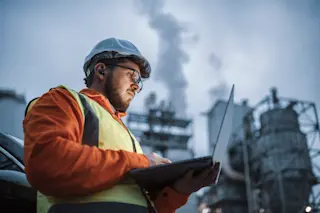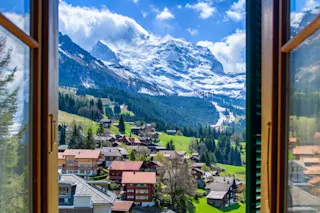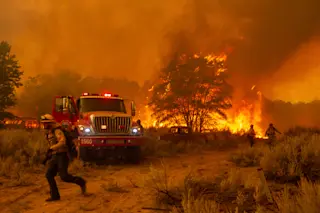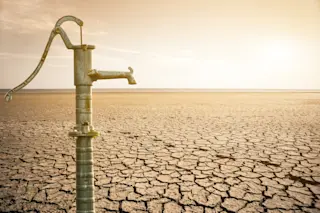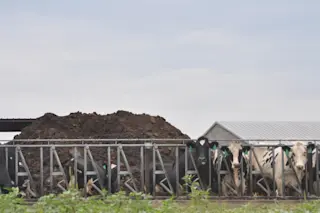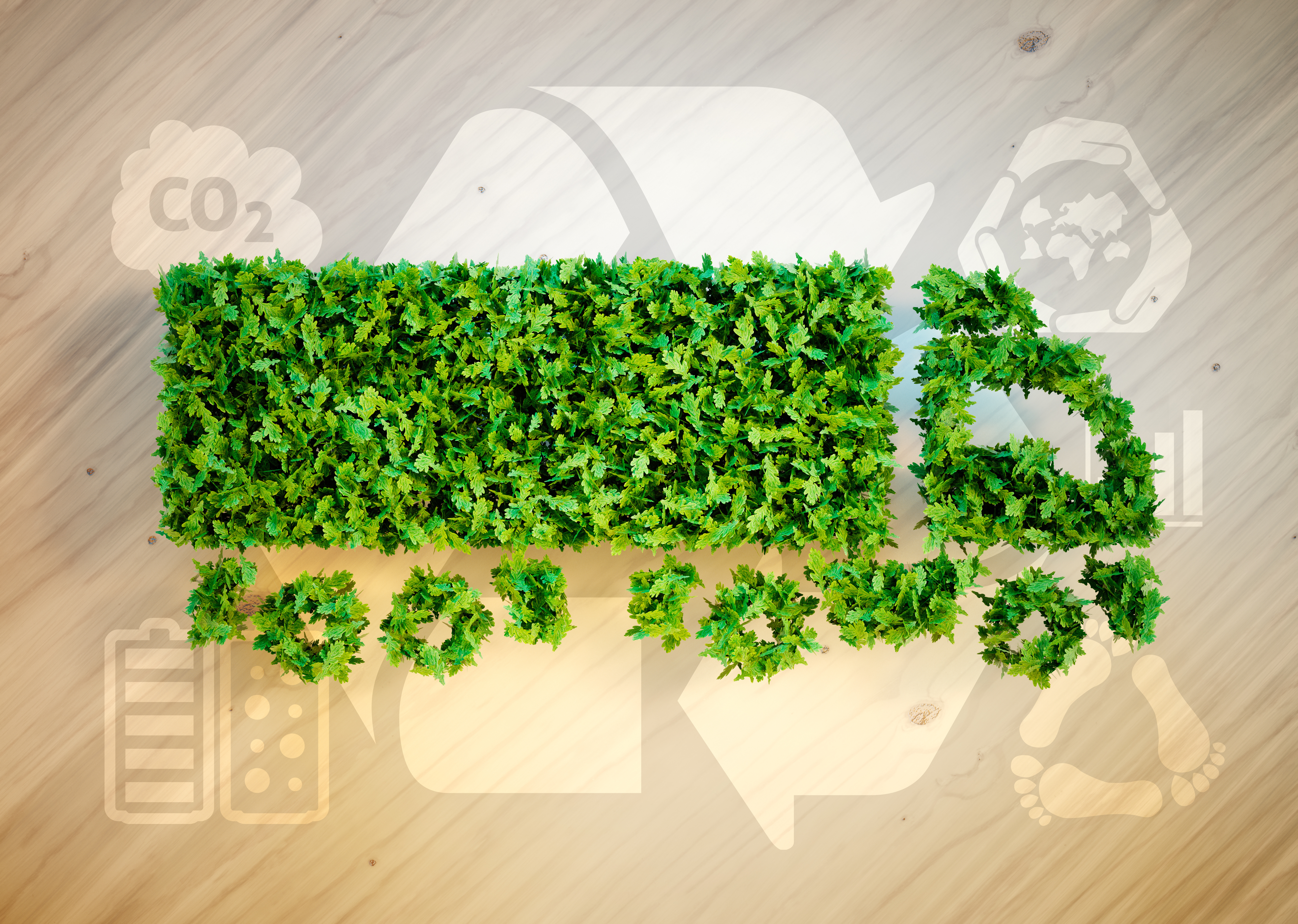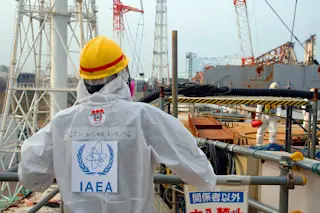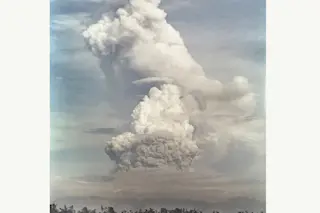Paul Kelly tries talking sense to the all-or-nothing crowd over at Bart's place. The usual suspects snarl and prance. The bloggy dialogue is set up by this op-ed in yesterday's NYT, which Kelly refers to as
a good example of effective science communication.
It would be interesting to hear from climate scientists if they agree. The argument the op-ed authors make is that current obstacles to curbing carbon dioxide need not prevent concrete action on climate change:
Other potent warming agents include three short-lived gases "” methane, some hydrofluorocarbons and lower atmospheric ozone "” and dark soot particles. The warming effect of these pollutants, which stay in the atmosphere for several days to about a decade, is already about 80 percent of the amount that carbon dioxide causes. The world could easily and quickly reduce these pollutants; the technology and regulatory systems needed to do so are already in place.
Here's what puzzles me: if this could be done so "easily and quickly," then why isn't it happening? What's standing in the way?


